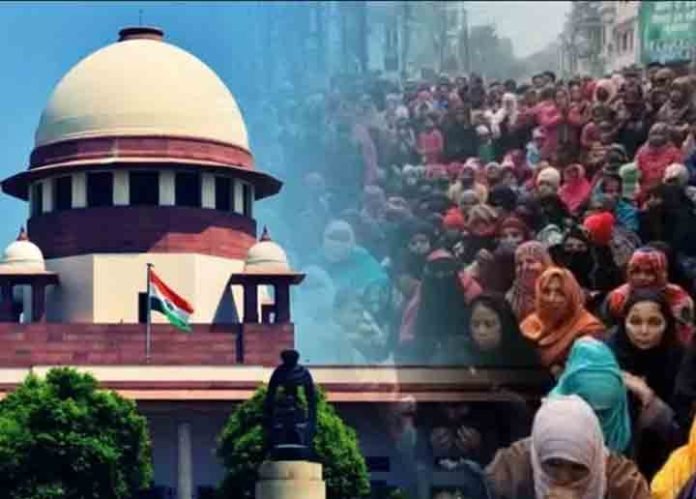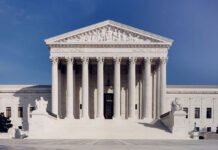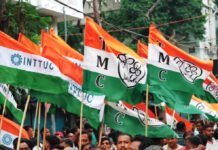INVC NEWS
New Delhi : The Supreme Court has today given its verdict on the petitions filed against the validity of the electoral bond scheme. In its decision, the Supreme Court has banned electoral bonds. The Supreme Court called it unconstitutional and asked the government to consider some other option. Criticizing the Electoral Bond Scheme, the Supreme Court said that it is very important to get information about the funding being received by political parties. Electoral bonds are a violation of the Right to Information
Supreme Court’s Directive to SBI Bank
A bench comprising Chief Justice DY Chandrachud, Justice Sanjiv Khanna, Justice BR Gavai, Justice JB Pardiwala, and Justice Manoj Mishra unanimously ruled on the case. While the bench entertained divergent opinions, it unanimously decided to prohibit electoral bonds. In its ruling, the Supreme Court has directed the State Bank of India to furnish complete information regarding electoral bonds issued from 2019 onwards. Last year, a five-member Constitution bench chaired by Chief Justice of India DY Chandrachud had reserved the verdict in the case, which was pronounced today.
Electoral Bond Scheme Overview
The Electoral Bond Scheme, notified by the government on January 2, 2018, allowed any citizen of India or entity established in the country to purchase electoral bonds. Individuals could procure electoral bonds singly or in collaboration with others. Political parties registered under Section 29(A) of the Representation of the People Act, 1951, and securing at least one percent of the votes in the preceding Lok Sabha or Legislative Assembly elections were eligible to acquire electoral bonds. The bonds could only be encashed by eligible political parties through authorized bank accounts.
Five-Member Constitution Bench Hearing
Regular hearings in the case commenced on October 31, with a five-member Constitution bench led by Chief Justice DY Chandrachud presiding over the proceedings. Justices Sanjiv Khanna, BR Gavai, JB Pardiwala, and Manoj Mishra were also part of the bench. Both sides presented arguments, and the court diligently considered all submissions before reserving the decision.
Conclusion: Electoral Bonds or Electoral Burdens?
The Electoral Bond Scheme, conceived with the aim of fostering transparency in political funding, has been met with skepticism and criticism. While purportedly intended to curb the influence of black money in politics, electoral bonds have raised concerns about anonymity and accountability. The Supreme Court’s decision to ban electoral bonds underscores the importance of transparency and accountability in democratic processes. As India navigates its electoral landscape, it is imperative for policymakers to devise mechanisms that promote transparency while upholding democratic principles.
In conclusion, the Supreme Court’s verdict marks a significant milestone in India’s journey towards electoral reform. By striking down the Electoral Bond Scheme, the court has reaffirmed its commitment to upholding the values of democracy and transparency in governance.
Considering the prominence of the topic and the need for accuracy and depth, this comprehensive article provides a detailed analysis of the Supreme Court’s verdict on the Electoral Bond Scheme. It aims to inform readers about the implications of the decision and the broader context surrounding electoral funding in India.
















